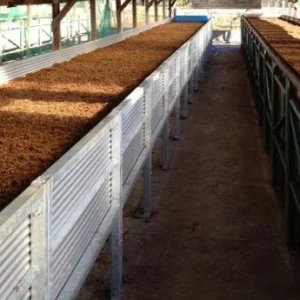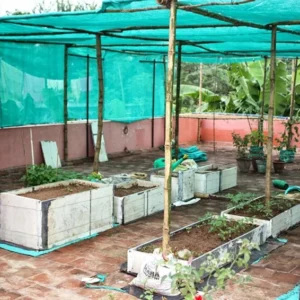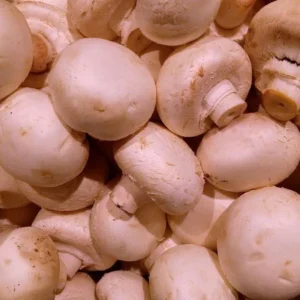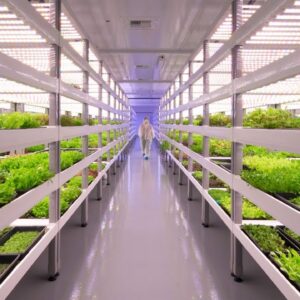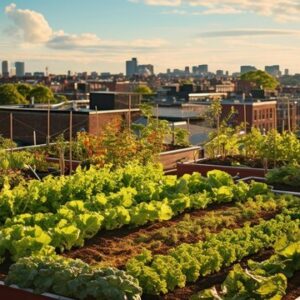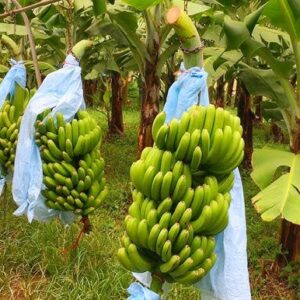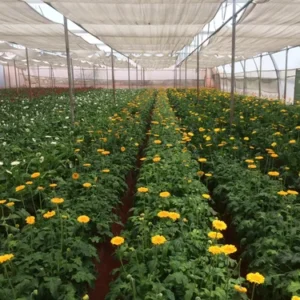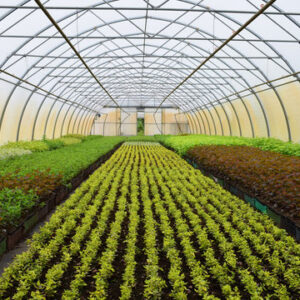Overview
Overview
Organic fertilizer manufacturing involves producing fertilizers from natural materials such as compost, manure, plant residues, and organic waste. This method promotes sustainable farming practices by enriching the soil without the use of synthetic chemicals. With a growing emphasis on organic farming and environmental conservation, setting up an organic fertilizer manufacturing business is a highly profitable venture. Dhannaseth offers complete support, from initial setup to ensuring the highest quality organic fertilizers for commercial distribution.
The Growing Organic Fertilizer Market
The demand for organic fertilizers has been increasing rapidly as farmers transition to organic farming methods to meet the growing consumer demand for organic produce. As concerns about soil degradation, chemical residues, and environmental impact grow, farmers are turning to organic alternatives to improve soil health and boost crop yields. This market is projected to continue expanding as more regions embrace sustainable farming practices.
Subsidy Value
Starting an organic fertilizer business can require significant investments in production facilities, raw materials, and machinery. Dhannaseth offers subsidies to help you set up a production unit, purchase raw materials, and install necessary equipment. These subsidies help reduce the financial burden of starting a business and ensure that your organic fertilizer manufacturing unit operates efficiently from day one.
Required Documents
To apply for organic fertilizer manufacturing subsidies, you will need to provide:
1. Business Plan: A comprehensive plan detailing your fertilizer production methods, expected output, target markets, and financial projections.
2. Proof of Identity: A valid government-issued ID (e.g., passport, driver’s license).
3. Land Ownership/Lease Documents: Proof of ownership or lease for the land or facility where fertilizer production will take place.
4. Cost Estimate: A breakdown of the setup costs for manufacturing, including raw materials, machinery, and labor.
5. Permits and Licenses: Any required licenses or permits for manufacturing organic fertilizers.
Document
To apply for the Food Processing Scheme, the following mandatory documents are required for new enterprises (Individuals/Firms) as outlined in the manual
1. PAN Card of concerned/all promoters.
2.Aadhaar Copy & Photo of all promoters/guarantors.
3. Address Proof: Any of the Officially Valid Documents (OVD) such as:
o Utility bill (not more than two months old) from any service provider (Electricity, telephone, post-paid mobile phone, piped gas, water bill).
o Property or Municipal tax paid receipt.
o Ration Card (Individual).
o Driving Licence
o Aadhaar Card.
o Voter ID Card.
4. Details of the site where the unit is to be established, including whether it is owned/rented/leased, along with proof (Lease/rent agreement should be for more than the loan repayment period).
5. Photocopy of Bank
6. Estimates and Quotation of all capital expenditure and machinery and equipment to be purchased. Statement/Bank Passbook for the last 6 months.
For existing enterprises with a turnover of less than 1 crore, similar documents are required, including PAN Card, Aadhaar, address proof, and site details.
If you need more specific information or additional documents, please let me know!
Project Report
Services
Others
- “We help you understand your industry better by providing up-to-date research on trends, demand, and new technologies, so you can make informed decisions.”
- Connecting with Suppliers and Buyers
- “We connect you with trusted suppliers and buyers, making it easy to find quality machinery, materials, and sales opportunities to grow your business.”
- Access to Industry Experts
- “Get advice from experienced industry experts who can guide you on best practices and strategies tailored to your specific needs.”
- “Find the right machinery for your business, with detailed information on suppliers, types, and uses to help improve your production.”
- Sales and Distribution Support
- “We help you connect with the right sales channels and distributors, so you can expand your market and reach new customers.”






